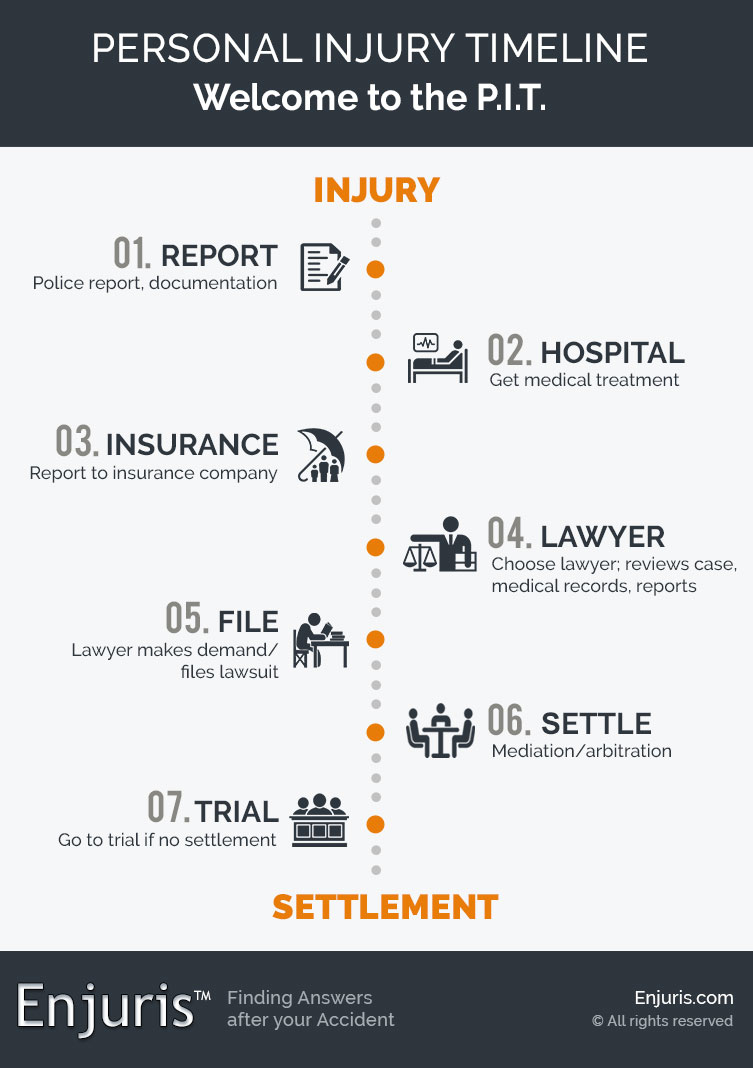Uncover Methods For Properly Resolving Disputes Between Property Owners And Occupants, While Watching On The Concealed Complexities That Can Affect Your Civil Liberties
Uncover Methods For Properly Resolving Disputes Between Property Owners And Occupants, While Watching On The Concealed Complexities That Can Affect Your Civil Liberties
Blog Article
Material By-Solomon Kirkland
When it concerns landlord-tenant legislation, understanding your rights and responsibilities is vital for both celebrations. You might assume you have a solid grasp on the essentials, yet there are typically subtleties that can catch you off guard. Whether you're a proprietor taking care of a building or a lessee searching for a secure home, understanding the lawful landscape can make all the difference. What may surprise you are the complexities involved in browsing disagreements and expulsion procedures.
Recognizing Occupant Legal Rights and Responsibilities
When you rent a home, it's important to recognize your legal rights and duties as a tenant. You have the right to a safe and habitable living environment, meaning your property owner must maintain important services like heating, plumbing, and electrical power.
You're additionally qualified to personal privacy; property managers normally need to provide notification prior to entering your unit.
On the other hand, you are in charge of paying rental fee promptly, keeping the building clean, and not triggering damage beyond normal damage.
trust and estate law miami with your lease agreement, as it lays out certain policies and responsibilities. Understanding these elements not just safeguards you however also fosters a positive partnership with your property manager.
Keep informed, and you'll navigate your tenancy better.
Trick Proprietor Responsibilities and Lawful Factors To Consider
While you may recognize your legal rights as an occupant, it's just as important to recognize your property manager's obligations.
Landlords should offer a risk-free and habitable living environment, making certain that essential systems like home heating, pipes, and electrical power are in working order. They're additionally responsible for making necessary repairs quickly and sticking to regional building codes.
Furthermore, landlords must value your privacy by providing proper notification prior to entering your system, generally 24 hours. They must manage security deposits according to state laws, including returning them promptly after you move out, minus any kind of authorized deductions.
Understanding these obligations can aid you preserve a favorable relationship with your landlord and guarantee your living scenario fulfills lawful criteria.
Navigating Disputes and Expulsion Procedures
Conflicts between property owners and tenants can develop suddenly, making it essential for you to understand the procedures involved in resolving them.
First, interaction is vital-- try to discuss concerns straight to find a concession. If see this website fails, acquaint yourself with your regional legislations regarding disagreements and eviction. Record whatever: maintain documents of communications, repayments, and any infractions.
If expulsion comes to be necessary, guarantee you adhere to the legal steps needed in your location, which usually includes offering created notice and a certain timeframe for resolution.
Be prepared to go to court if the circumstance intensifies, as it may be your only recourse. Comprehending these procedures will certainly help you navigate disputes more effectively and safeguard your legal rights as either a property owner or tenant.
Final thought
In recap, understanding landlord-tenant regulation is important for both events involved in a rental contract. By knowing your rights and duties, you can promote a much better living setting and avoid conflicts. If disputes occur, remember that a property attorney can aid assist you with the intricacies of expulsion processes and legal commitments. Remaining informed and proactive will certainly ensure a smoother rental experience, whether you're a property owner or a renter.
